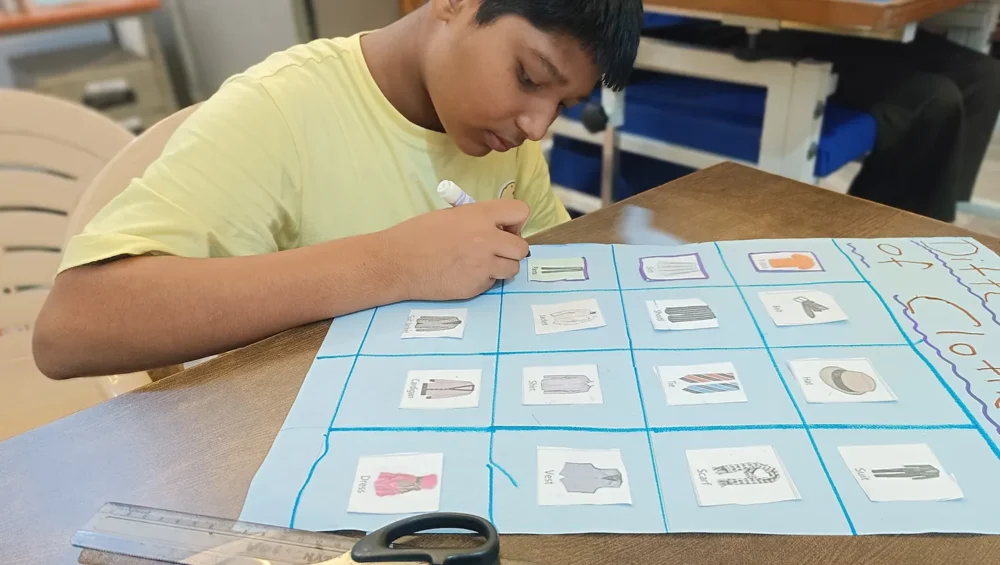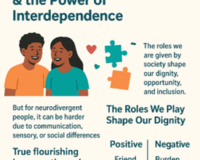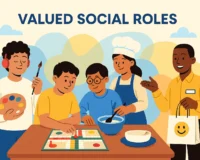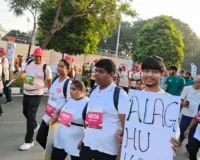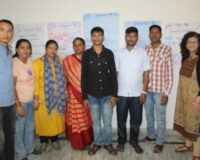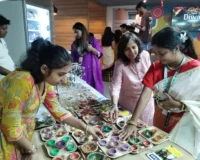In a narrow lane of South-west Delhi, 16-year-old Harshit sits by the window, watching traffic crawl by. He hums softly—an old Bollywood tune—his fingers tapping in rhythm on the sill. For years, Harshit’s world felt much smaller than this view.
His parents remember the struggle vividly. “He would forget everything he learned,” his father says, recalling the early school years. Harshit’s teachers promoted him year after year, but the learning gaps widened. “We wanted him to study, to be like other children. But no one told us what he needed.”
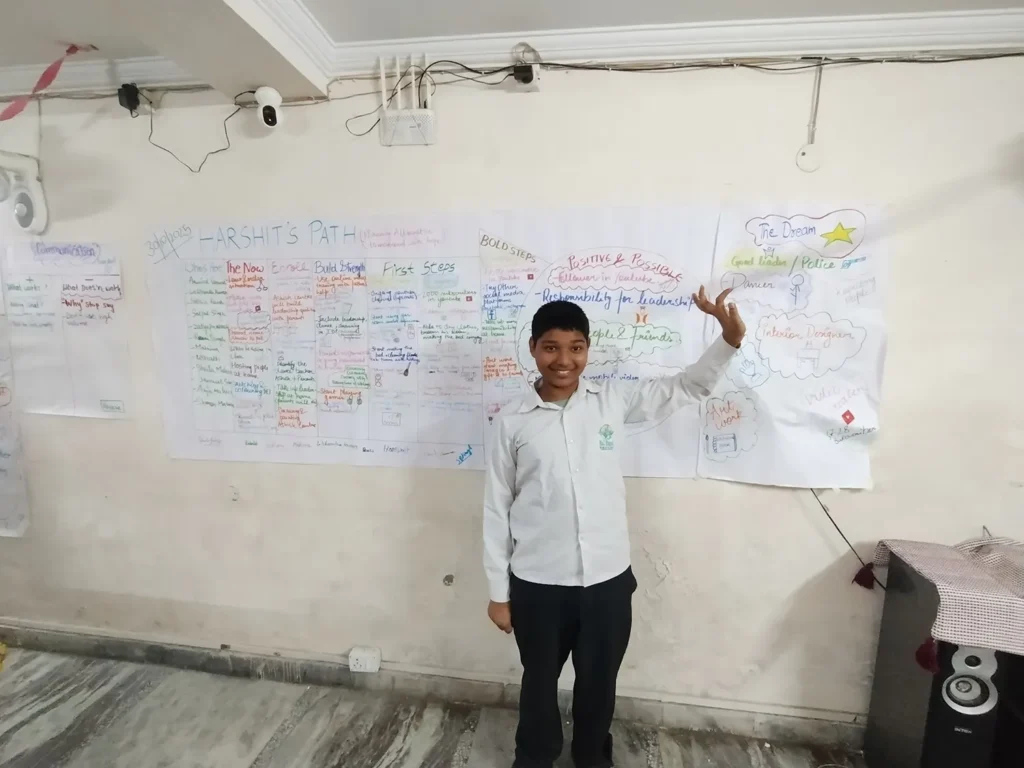
When Harshit stopped attending school, his parents feared for his future. Special schools were either too expensive or too far away. Then, through a local contact, they found the Ashish Foundation—an organization that works with children and young adults with developmental disabilities.
The first visit changed everything. “They spoke to us with respect,” his mother says. “They saw Harshit not as a problem, but as a person.”
At Ashish, Harshit began a new kind of education—one that built on his strengths rather than measuring his weaknesses. Teachers guided him through life skills, language, and self-expression, gently introducing structure and routine. The philosophy behind his progress is something called Social Role Valorisation—a simple but powerful idea that every person deserves to be seen as capable and valued in society.
Gradually, Harshit began to speak more—first about what he liked to eat, then about his friends, and soon about his dreams. “He loves dancing and cooking,” says one of his teachers. “If you cheer him on, he shines.”
At home, Harshit now helps with chores, joins family trips, and greets guests. His parents note how he encourages others too— “He tells his younger cousin, ‘You can do it!’”
Harshit’s dreams are as vivid and full of life as his personality. During the PATH (Planning Alternative Tomorrows with Hope) process at Ashish Foundation, he outlined his vision for the future: to become a good leader or a police officer, to dance on stage, to explore interior design and art, to cook like a chef, and to create videos that reach thousands of people. The colorful sheet, filled with stars and doodles, is a map of hope—a reminder that dreams, when seen and supported, can guide real action.
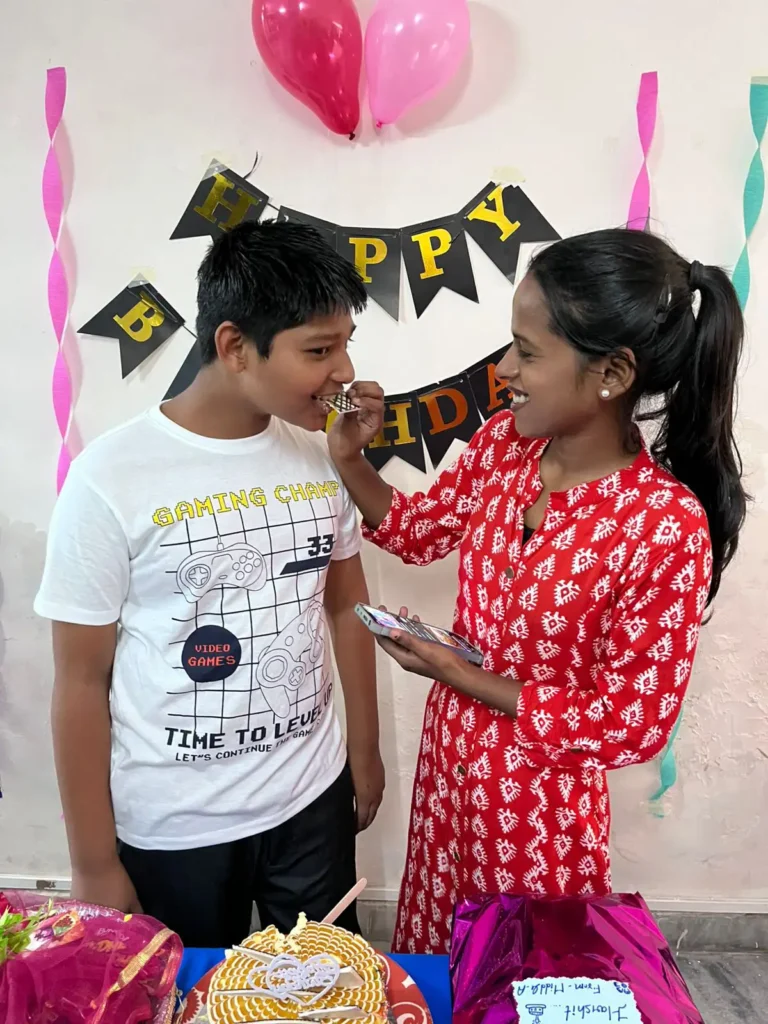
“The PATH meeting helped us see his future more clearly,” his mother says. “It showed us what steps we can take together.”
For now, Harshit continues to build his skills—learning to manage tasks, communicate with confidence, and take pride in his work. His fears—getting lost, being alone—are real, but he faces them with support and growing self-belief.
In a world that often silences difference, Harshit’s voice is finally being heard. From a boy once overlooked in classrooms to a young dreamer sketching his own path, Harshit is learning, growing, and—most importantly—being seen.


